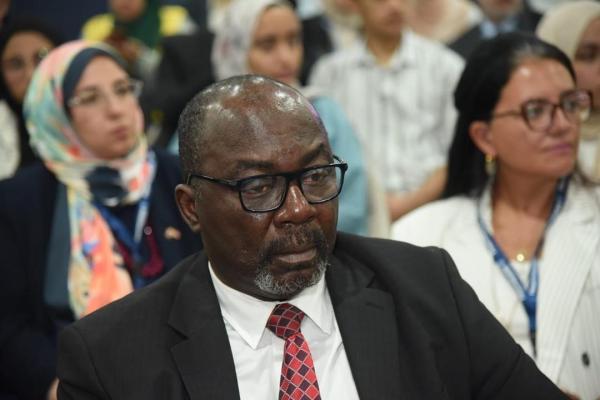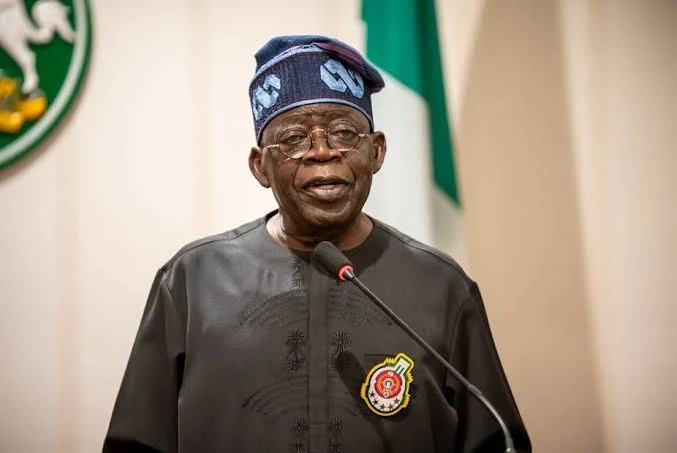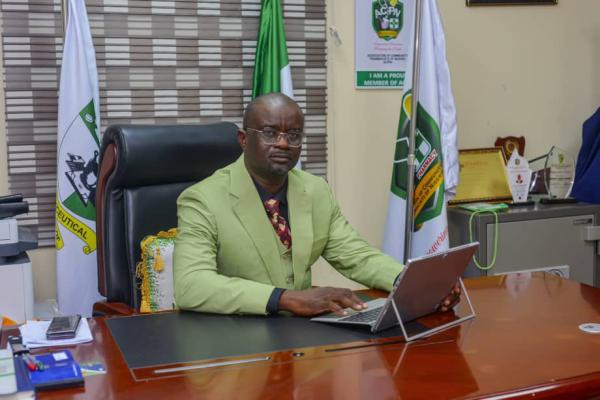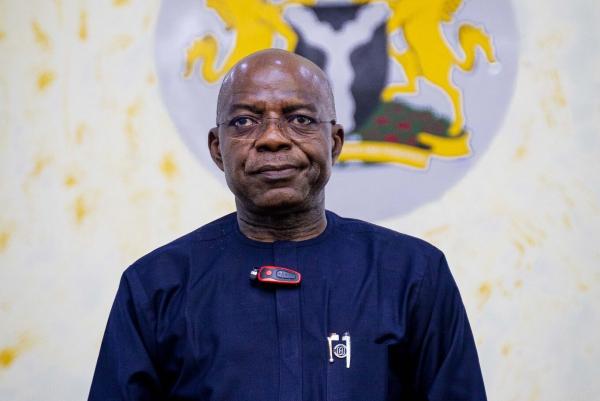
The emergence of the All Progressives Congress, APC, from three ideologically different parties was a phenomenon.
It was a journey that only a few gave a chance of success from inception, particularly against the fact that fusion of political parties had in Nigeria been before now, been counter-productive.
However, the APC within the span of 26 months from when the former political parties conceived the alliance on February 6, shattered the long held myth that politicians cannot come together to wrestle power.
Indeed, this amalgam of parties was not a happenstance. It came after months of procrastination and fear of the unknown among the prime movers of the merger.
The merger plans which was believed to have been conceived in 2012, was mainly championed by the then three leading opposition parties in the country, which were the Action Congress of Nigeria, ACN, All Nigeria Peoples Party, ANPP, and the Congress for Progressive Change, CPC.
Doubts and suspicions
With the history of failed and attempted mergers, it was natural for doubts and suspicion to foreshadow the plan.
Even under such situation, which played out in large proportions among the would be partners in the grouping, the prime movers, President Mohammadu Buhari, Asiwaju Bola Tinubu and Ogbonanya Onu forged ahead to the chagrin of their political rivals.
Other arrow heads, who represented their parties during the merger talks were; a former Deputy Governor of Bauchi State , Alhaji Garba Gadi, former Foreign Affairs Minister, Chief Tom Ikimi and former Kano State governor, Alhaji Ibrahim Shekarau.
In addition, Senator Annie Okonkwo represented the interest of a faction of the All Progressives Grand Alliance, APGA, in the merger talks.
The only major party not involved in the process which was supposed to be conglomeration of all opposition parties, was the Labour Party, LP and that was essentially because its only governor, Olusegun Mimiko was just an LP member theoretically who had his roots in the Peoples Democratic Party, PDP.
Expectedly, the days leading to the final formation of the merger which was then dubbed mega-party, were characterized by external distractions believed to be spearhead by the PDP and internal grumblings among those who doubted the genuineness of the union.
One of the first points of distraction was the use of the name and acronym as some individuals came out to contest the use of the name and acronym of the new party and almost helped to derail the registration of the party by the Independent National Electoral Commission, INEC.
Most potent political alliance
It was under these circumstances that the parties finally merged into what turned out as the most potent opposition alliance on February 6, 2013.
The four parties whose representatives signed the merger document in Abuja, were the ACN, CPC, ANPP, and APGA.
It may not be wrong to say that the sole aim behind coming together to snatch political power, because even the ACN in its pre-merger statement alluded to that.
The ACN had said: “This is not about the ACN, CPC or ANPP but about our country Nigeria , which is tottering on the edge of disaster due mainly to the lack of leadership and failure of governance by the ruling PDP since 1999.
“The merger of the three parties is like a ‘Noah’s Ark’ which all Nigerians who are tired of the endless drift of our country must enter into. This is not about winning power at the centre at all costs, as the naysayer will want Nigerians to believe. It is about putting the interest of Nigeria and Nigerians above everything else.”
The excitement elicited by the formation of the new party which was christened All Progressives Congress, APC, was nearly cut short, following challenges over party acronym.
Prospects of the new party
It was a development described by analysts as an attempt by the PDP to frustrate the prospects of the new party.
On approaching the INEC for registration, another political party African Peoples Congress, had sued over the use of the APC acronym.
After a tortuous battle that many believed nearly forced the party to change its name, INEC registered the APC on July 30.
The commission in a statement to that effect, said it had “approved the application by three political parties – the Action Congress of Nigeria (ACN), the All Nigeria Peoples Party (ANPP) and the Congress for Progressive Change (CPC) – to merge into one, to be known as the All Progressives Congress.”
Surprisingly, APGA was not mentioned, leading to concerns on what that could imply.
The statement added: “On considering the application, the Commission found that the applicant-parties have met all statutory requirements for the merger, and has accordingly granted their request. Consequently, the Commission has approved the withdrawal of the individual certificates of the applicant-parties, and the issuance of a single certificate to the All Progressives Congress.”
Potentially, the registration triggered a stiff challenge to the PDP’s 16-year grip on power.
A direct effect of that was the immediate alteration of the political equation in the country, as the PDP lost its majority in the House of Representatives while the number of APC governors increased to 10.
The rank of the party was later to swell by the November 25, 2014, defection of five PDP governors, thereby making the number of its state governors 15.
The governors were Rotimi Amaechi (Rivers); Aliyu Wamakko (Sokoto), Rabiu Kwakwanso (Kano); Murtala Nyako (Adamawa); and Abdulfatah Ahmed (Kwara).
Interestingly, the party was later to witness other high profile defections, that eventually increased its capacity of challenging the ruling party.
The high point of the party’s 26-month journey was the election of its presidential candidate, Muhammadu Buhari on March 28, 2015 making history in Nigeria as the first time that an opposition party was able to defeat a sitting government.






















